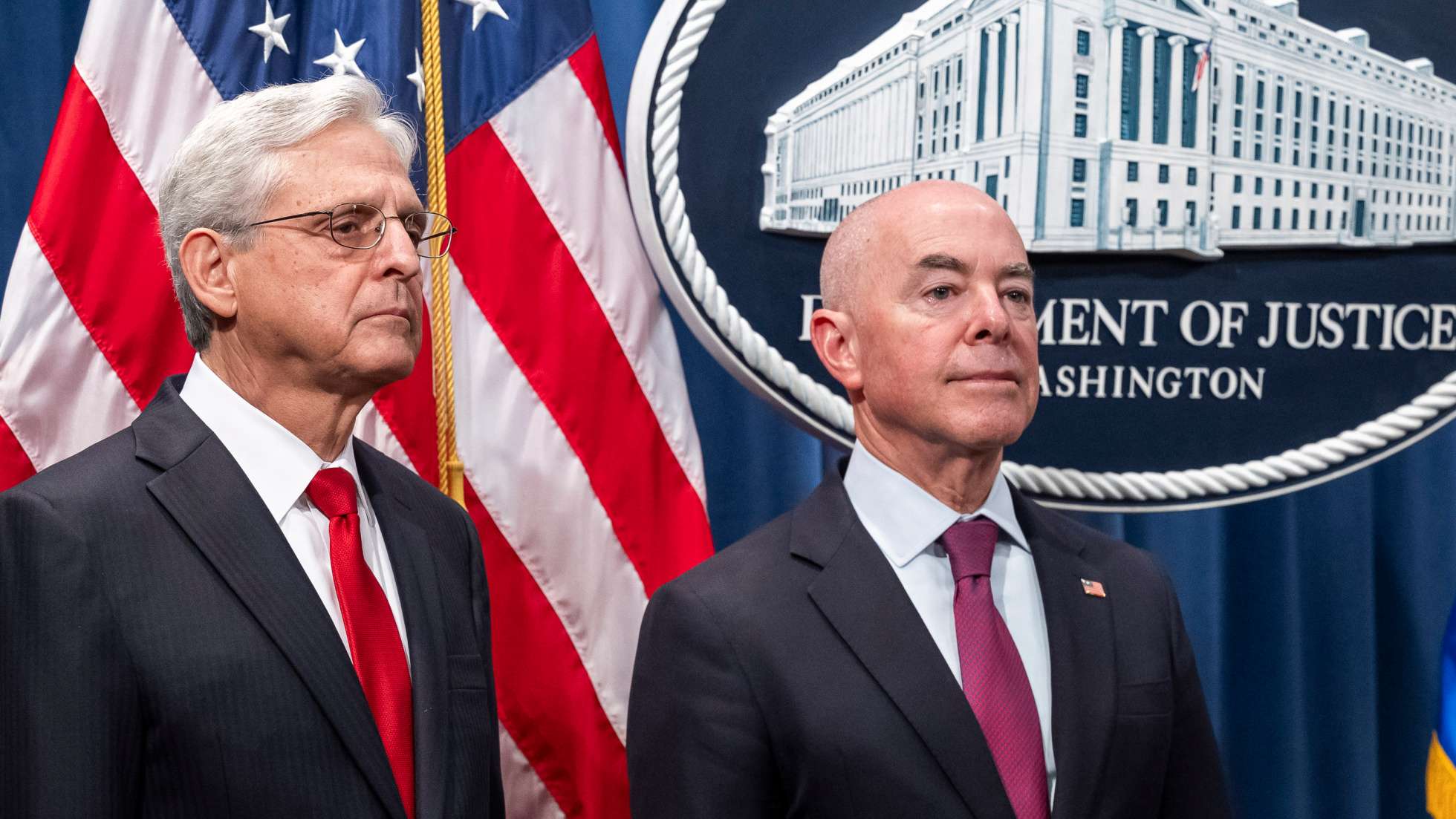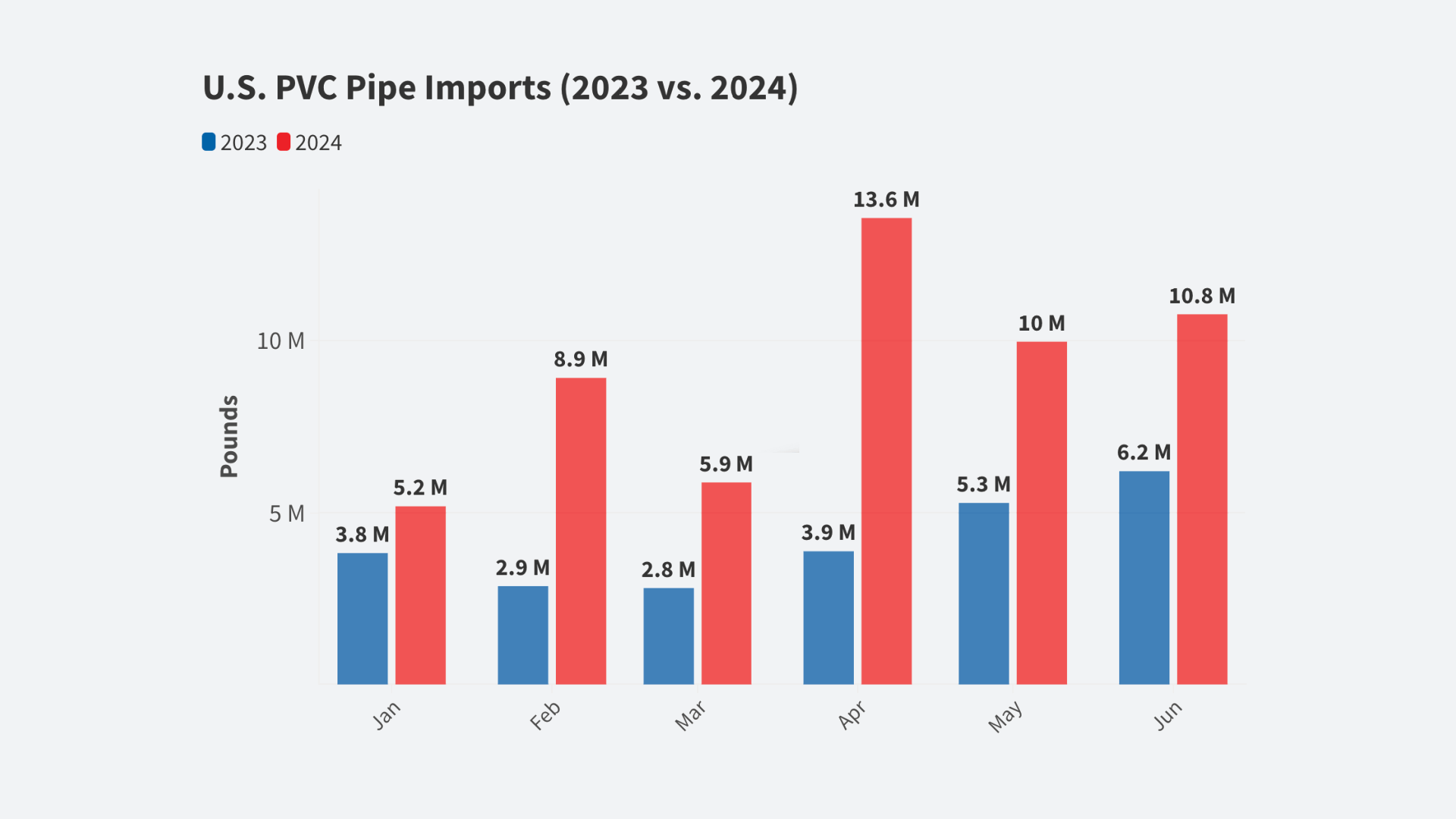
We won. Yes, there was delay. There was confusion. That is a win for us. Not a final win. But we’ll take it. There may be another vote this week.
Because of the confusion, let me explain in some detail. This is not an “action email”, but an explanatory one. I will email you separately regarding action steps you can take to build upon our win.
1. Prior Senate Action: The Senate acted first in passing Fast Track last month. The actual bill contained Trade Promotion Authority (Fast Track TPA) and Trade Adjustment Assistance (TAA), which is government assistance for workers losing their jobs from trade agreements. The TAA provision is a longstanding way to buy Democratic votes for a Fast Track they otherwise have problems supporting. But this TAA was funded by cuts in Medicare and is a much smaller program than the TAA of the past. In any event, the Senate bill was a TPA/TAA combo.
The Senate also passed: (1) a Customs Bill with trade remedies improvements and a great currency manipulation bill; and (2) a trade preferences bill which I won’t explain here.
2. Avoiding Conference: Senate Finance Committee Chairman Orrin Hatch (R-UT), Ranking member Ron Wyden (D-OR) and Ways and Means Chairman Paul Ryan (R-WI) wanted to keep the Senate and House bills exactly the same. If they were successful, they could send the bill straight to President Obama for signing. If the House and Senate pass bills with different language, then they have to form a House/Senate Conference Committee. That committee negotiates and works out the differences in the two bills, sends the bills to the House and Senate, and if both chambers approve, it then goes to the President for signing.
3. Backdrop in the House: The media inaccurately portrayed the Fast Track debate as “Republicans for it, Democrats against”, and “business is for it but labor is against”. In truth, up to 75 Republicans were leaning against Fast Track at any given time, nearly 1/3 of the GOP—Tea Party, small government and constitutional conservatives were against it. Boehner and Ryan needed votes, but they couldn’t change the Senate TPA/TAA bill because they wanted to avoid a conference committee. Democratic leadership was unhappy that the TAA program was funded by large Medicare cuts, even though they typically support TAA. The Republican leadership hates TAA, but was willing to help move it to get Democratic votes. Important conservative organizations like Heritage Action and Club for Growth opposed TAA but not TPA. Labor unions opposed TAA because it is “a shadow of its former self” and not enough to offset the harm of TPA. So there were substantial barriers for Fast Track proponents… a tight path going forward.
What did they do?
4. The Rule: The House Rules committee drafted a “special rule” to govern voting. It is the unzip-and-zip rule. The “special rule” provided that the Senate preferences bill would be voted upon first (it was uncontroversial). Second, the customs bill must pass because that had all the Paul Ryan goodies promised to Republican waverers in exchange for their TPA support (though they stripped out the currency manipulation language from the Senate). Third, they would vote on a Boehner/Pelosi TAA deal that would prevent the defunding of Medicare to fund TAA, but instead get the money by hiking IRS fees on businesses that file certain documents late.
Lastly, they would unzip the Senate TPA/TAA into two parts, vote upon those two parts, and zip the two parts back together again. This allowed Congressmen to vote for or against TPA and TAA separately to please their constituencies or donors. Both TAA and TPA needed to pass, otherwise the House would be deemed “not to have acted” on the Senate bill, which would then die.
The Special Rule ended up passing, though not without a bit of drama.
5. The Day of the Vote – Last Friday: The day was not looking good for Ryan/Obama/Boehner. If TAA did not pass, many thought GOP leadership would pull (not vote upon) the TPA bill. Ryan thought he had bought enough GOP votes through promises of “goodies” via Customs Bill amendments. But the anti-Fast Track Democrats were still balking at TAA, even with the Medicare defunding fix. Obama hurried up to the Hill to meet with Democrats and urge them to vote for TAA. Pelosi, who had helped the President and worked with Boehner, had not signaled her ultimate position. Boehner and Ryan looked, on the CSPAN screen, stressed. In floor speeches, pro-Fast Track advocates offered stupid, irrelevant bromides like “trade good/protectionism bad”; “America must look to the future, not the past”, “we must lead, not retreat”, etc. Nobody was persuaded by those words. However, the climax occurred when Minority Leader Pelosi spoke for 20 minutes outlining her opposition to TPA and TAA. This probably helped many Democrats vote against TAA, but changed few minds on TPA. Then they proceeded to vote.
6. The Vote: The first vote was TAA (Roll Call Vote 361). There was 15 minutes to vote, but they held it open longer. At first it was not clear that TAA would fail, because many Republicans voted for it. But near the end of the 15 minute period, the “no” votes came in fast and furious. In the end, TAA failed by a vote of 126 to 302. The GOP tally was 86 yes, 158 no, 2 not voting. The Dem tally was 40 yes, 144 no, 4 not voting.
Then, everyone waited to see what Boehner would do. We were somewhat surprised to see him proceed to the TPA vote anyway, even though it looked to be futile.
So the second vote – on Fast Track itself – went forward (Roll Call Vote 362). Again the time allotted was 15 minutes. They needed 218 to win. After 15 minutes, they had not gotten to 218. The vote stayed open. Then the yes votes came in and ended up at 219. Fast Track TPA passed by a vote of 219 to 211 with 4 not voting. The GOP tally was 191 yes, 54 no, 1 not voting. The Dem tally was 28 yes, 157 no, 3 not voting.
7. Confusion: Everybody then wondered… what now? Boehner had voted “no” on TAA, giving him the right to “move to recommit” or have another vote. Boehner did so move. The House adjourned until Monday. After a time, we learned that the intent was to have another TAA vote on Tuesday. The intent was to persuade Democrats (especially) that they should vote for TAA because now they know that TPA can pass. The argument to Democrats would be “even if you don’t like TPA, it has the votes to pass and so you should make it a bit better with TAA”. The argument to Republican that voted yes on TPA but no on TAA is that “you should vote yes on TAA for the greater good of TPA”.
8. This Week: The next TAA vote could be Wednesday or Thursday of this week. If TAA fails, then the Senate TPA/TAA combo is dead. But Republicans could draft a new “special rule” and vote upon TPA as a stand-alone. If they win that vote, they would intend to send the bill to the Senate. While the Senate voted for the TPA/TAA combo before, they would have to get over the 60-vote threshold. Several pro-TPA Senate Democrats who have.. and may still… take the position that they favor TPA only if TAA is a part of the package. Conclusion: It would be hard to invoke cloture with 60 votes in the Senate with TPA alone.
9. Future: If the House passes TAA, then the TPA/TAA combo package goes to the President, who would sign it. However, I think it is unlikely that Fast Track proponents can flip enough votes. If the House rejects TAA, then we may see another House TPA vote as a stand-alone. The odds are that it will pass, based upon Friday’s vote. But the dynamics will be different and it is not certain. In that latter event, the Senate would have to act to get the House TPA stand-alone to a vote. There would have to be 60 votes to invoke cloture. Several GOP Senators voted against TPA before and are likely to again. The question will be how many prior “yes on TPA” Dem votes will flip to “no” without TAA.
10. CPA Action: CPA is in Washington again this week working to ensure the best result. I will email you later on appropriate action steps.
Odds: It’s an 80/20 game in terms of whether there will be more delay and the bill is sent back to the Senate. It’s a 50/50 game now regarding ultimate passage.













